High-Density Floating Fish Farm Systems for Industrial Aquaculture
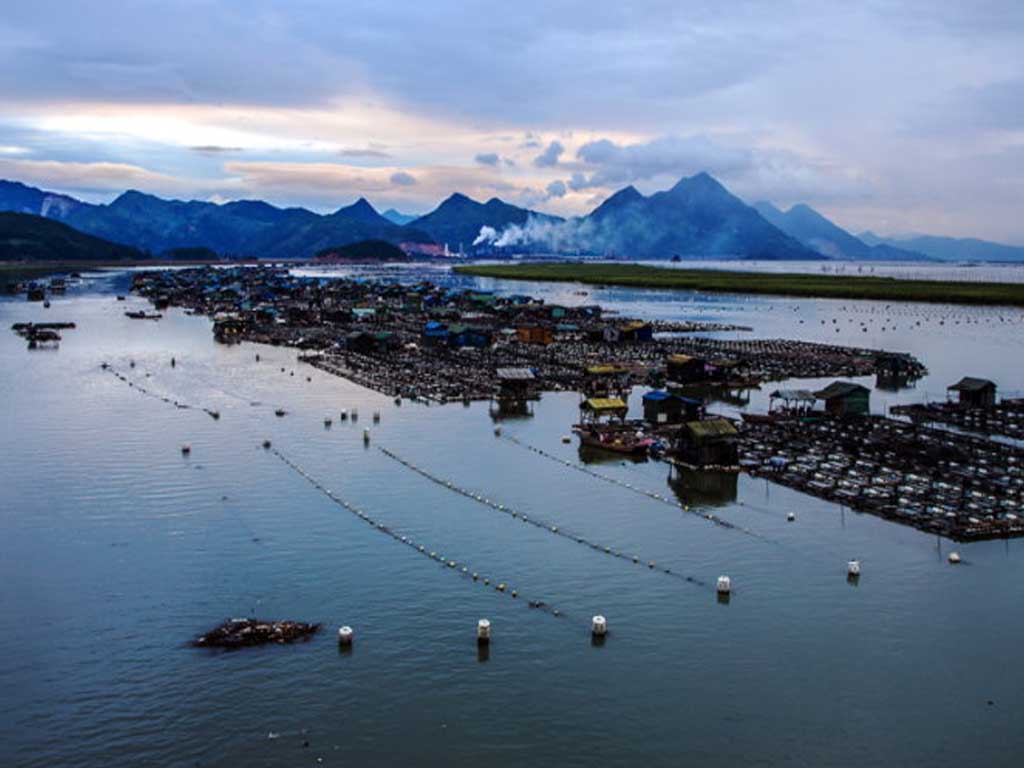
Deep-Water Aquaculture Floating Systems
Aquaculture fish farming refers to an industry in which captively fish are raised with the goal of food production for human consumption. Fish farming has rapidly become one of the fastest-growing sectors within animal food production worldwide and accounts for 50% of world consumption of seafood from human-controlled environments like salmon farms or aquaponic systems containing species such as tuna, cod, trout, or halibut species primarily.
What constitutes a floating fish farm?
A groundbreaking and innovative approach to fish farming involves creating floating fish farms, which depart significantly from traditional land-based methods. These farms rely on floating platforms that float on the water's surface, rather than the conventional solid ground approach. This pioneering technique provides a precisely regulated environment for cultivating a diverse range of fish cages. These encompass not only the familiar fish found on dinner tables but also the more exotic and tropical varieties. Aside from providing reliable and eco-friendly sources of seafood to restaurants and markets, these aquatic enterprises also double up as recreational fishing destinations that attract fishing enthusiasts and families seeking an exciting hands-on fishing experience with hopes of landing dinner themselves!
Engineering Advantages of Modular Dock Blocks
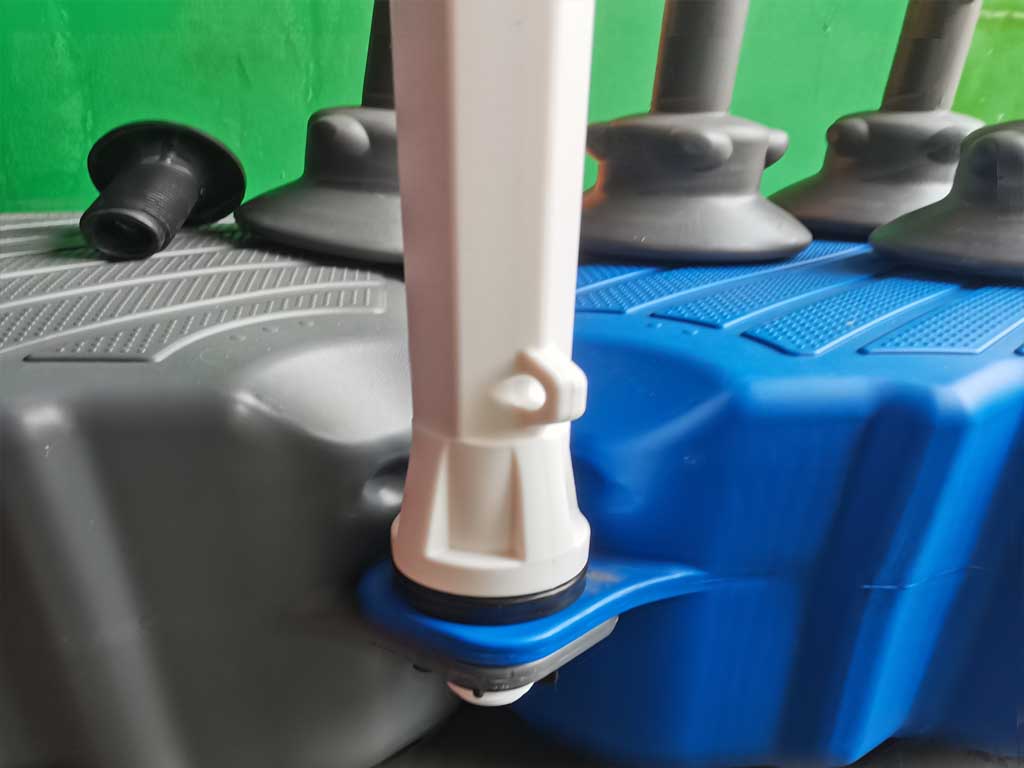
QuickLock Assembly Technology
Tool-free connections enable 500m²/hour cage assembly. No cranes or divers required.
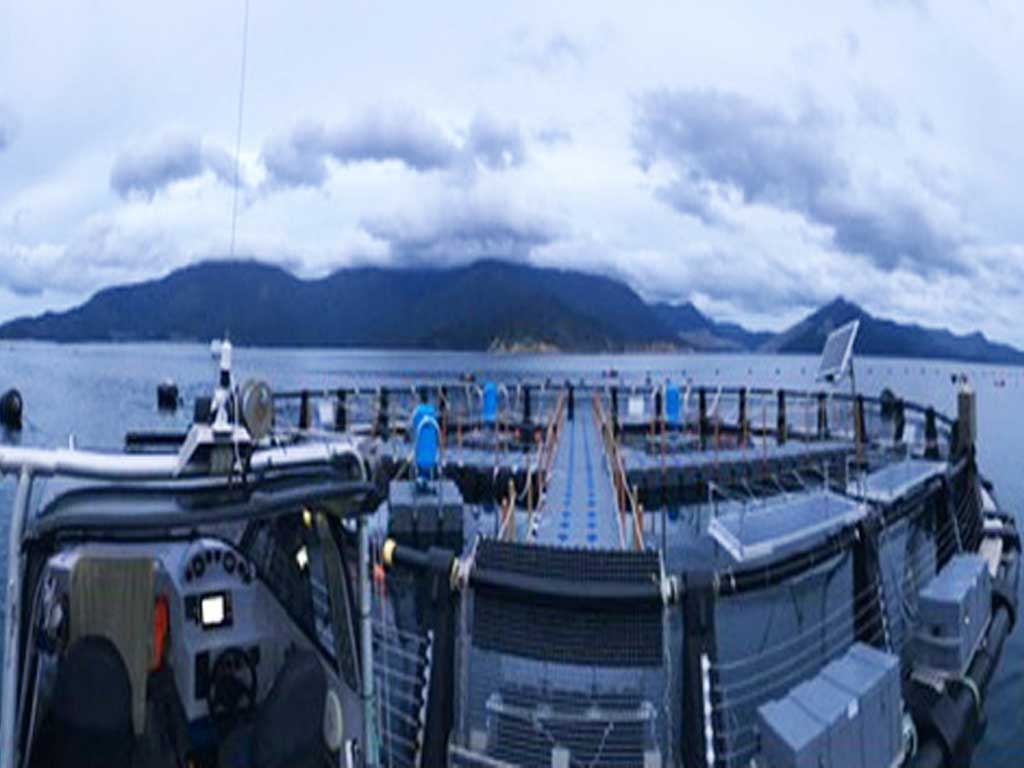
Storm-Adaptive Grid System
HDPE dock blocks distribute wave forces, reducing anchor load by 60% in 4m waves
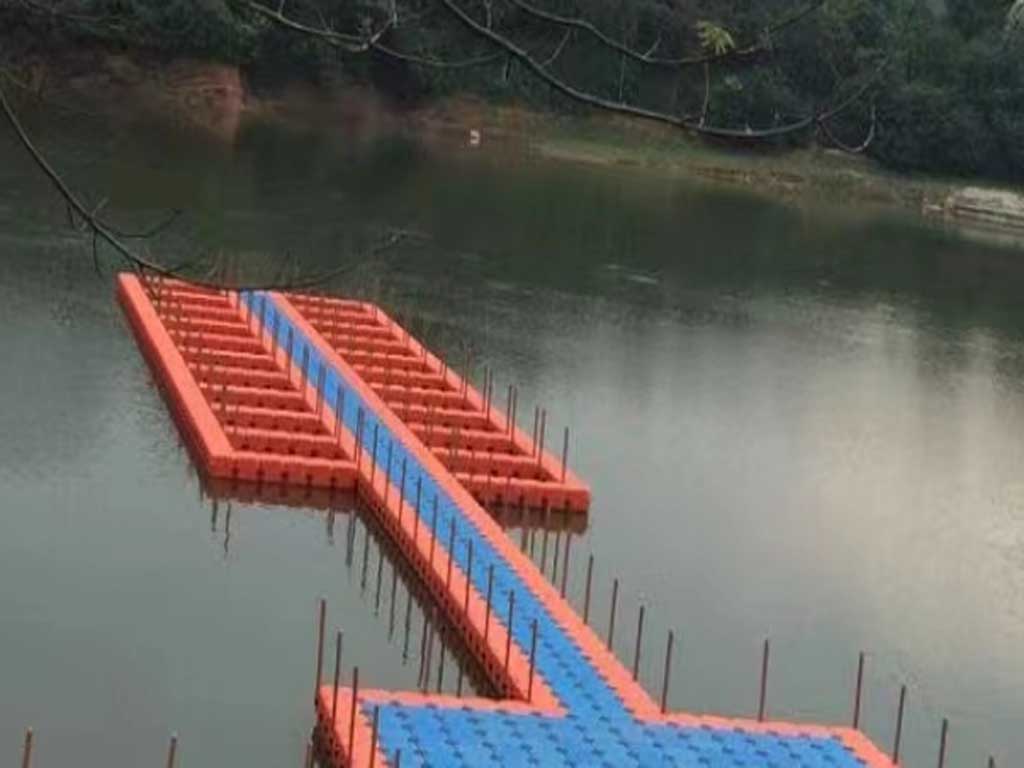
Infinite Scaling Capability
Add/remove blocks to reconfigure cages for grouper (20kg/m³) or tuna (50kg/m³) without rebuilding
Aquatic Benefits of Modular Floating Fish Farming
Building corrosion-proof aquaculture using UV-resistant dock blocks offers multiple benefits that make for quick and judicious solutions, including cost-effectiveness and ease of upkeep. These HDPE plastic dock cubes - engineered for exceptional HDPE fish farm durability - also help provide stability, accessibility, and personalization features as part of this solution, perfect for creating floating aquaculture environments!
Parameter | Modular Advantage | Traditional Cages |
|---|---|---|
Deployment Time | 72 hours | 3-6 months |
Service Life | 50 years (marine-grade HDPE) | 10-15 years |
Storm Resistance | 8-level winds + 4m waves | 6-level max |
Global Aquaculture Deployments: Modular Dock Blocks Thriving from Arctic to Tropics
Industrial fish farms leveraging HDPE dock blocks operate in extreme environments: Norwegian salmon cages endure -5°C fjords, Malaysian systems withstand monsoon waves, and Chilean tuna farms thrive at 60m depths. Modular flexibility enables rapid adaptation across climates while maintaining 95% stock survival rates.
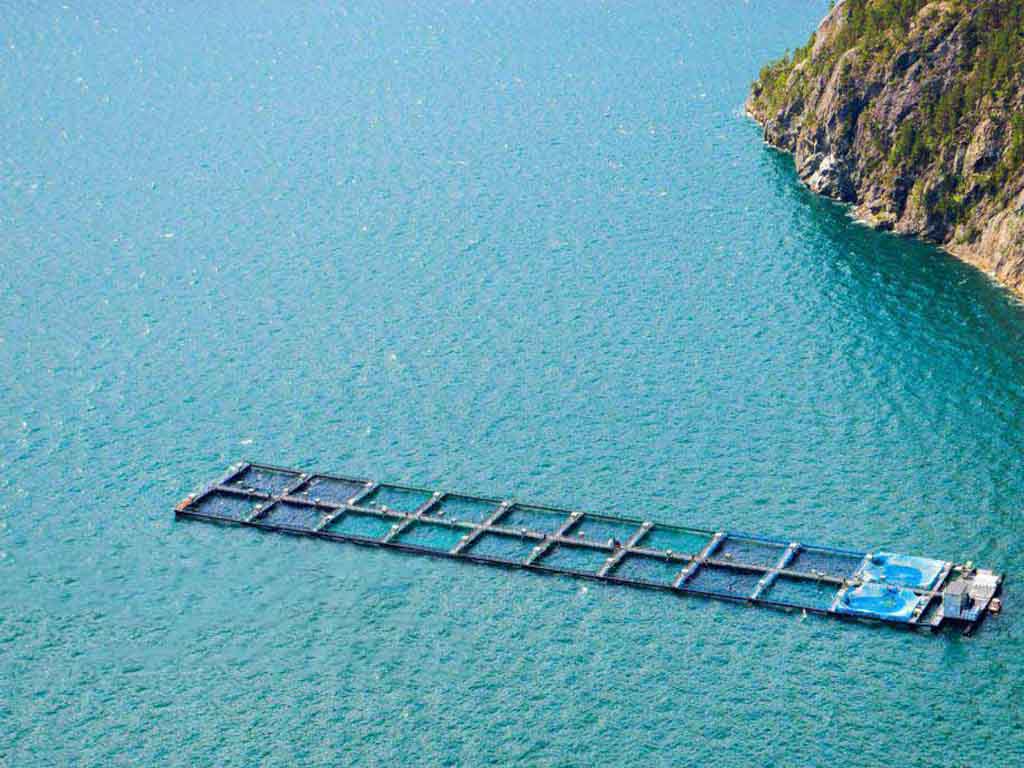
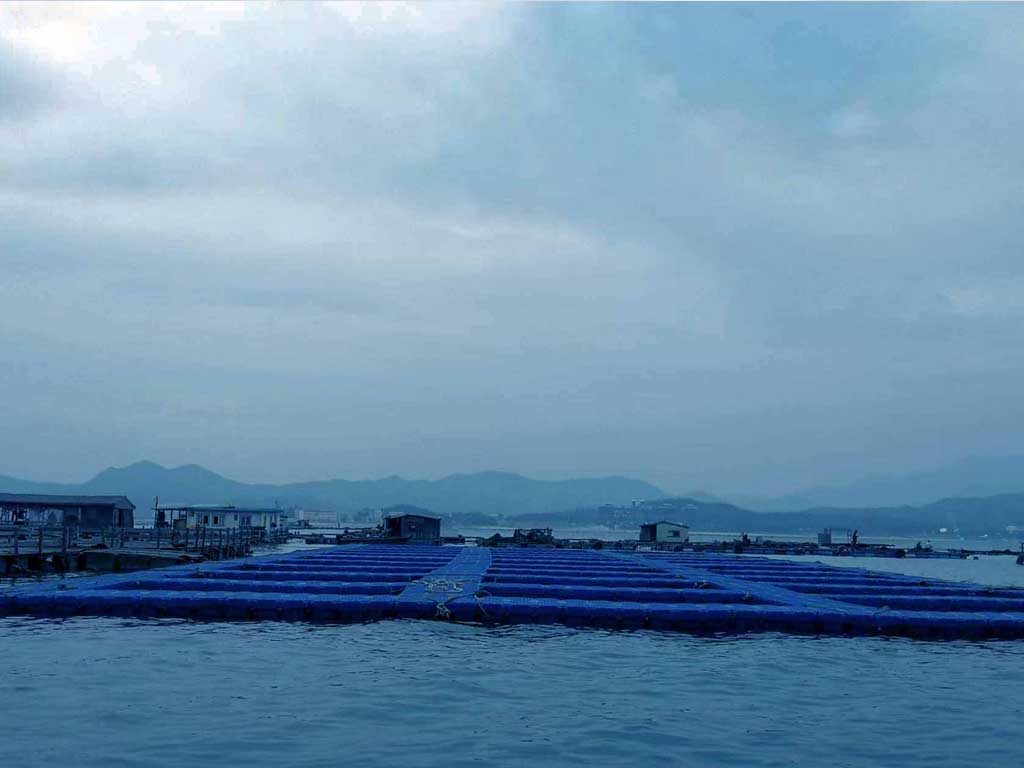
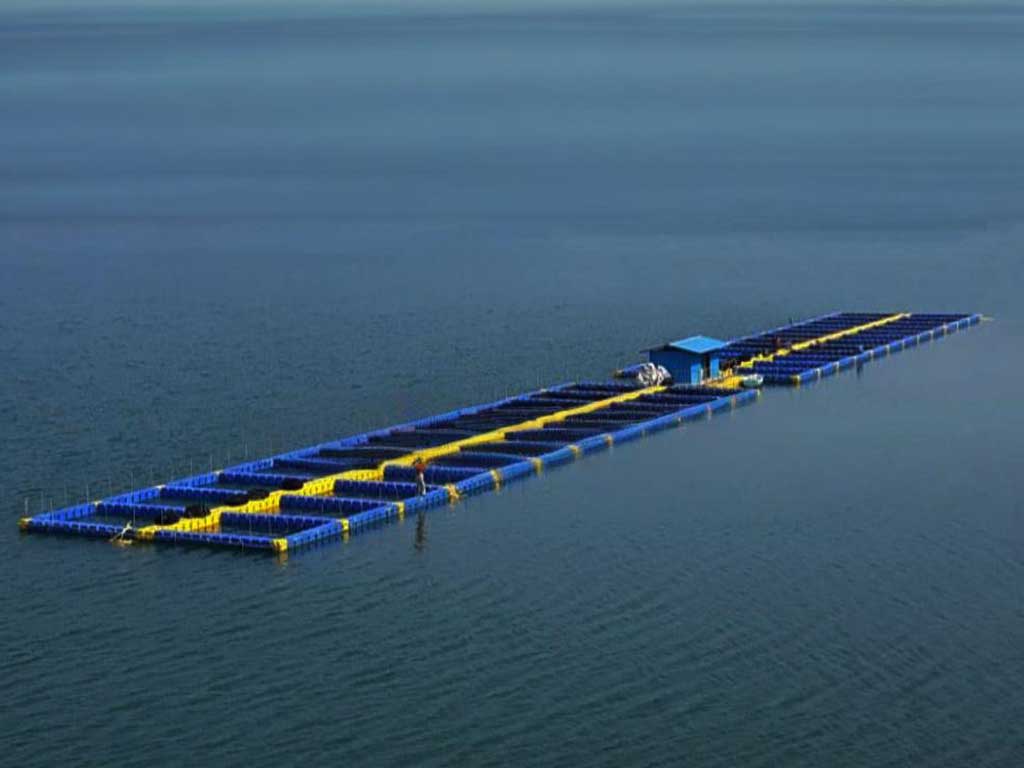
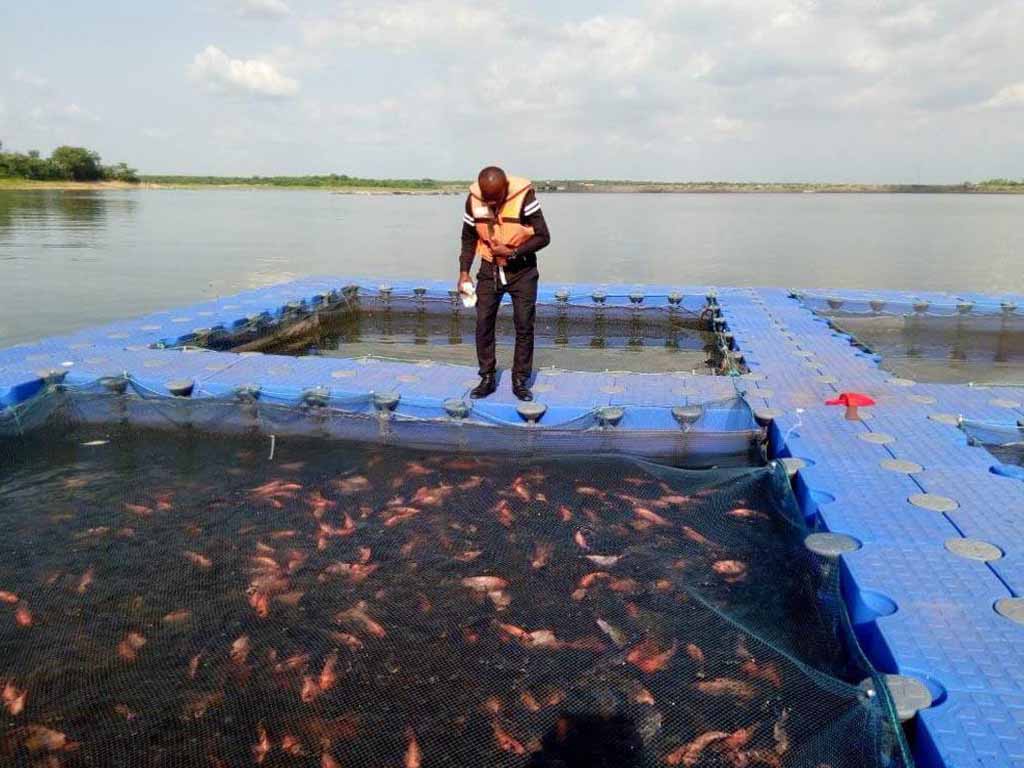
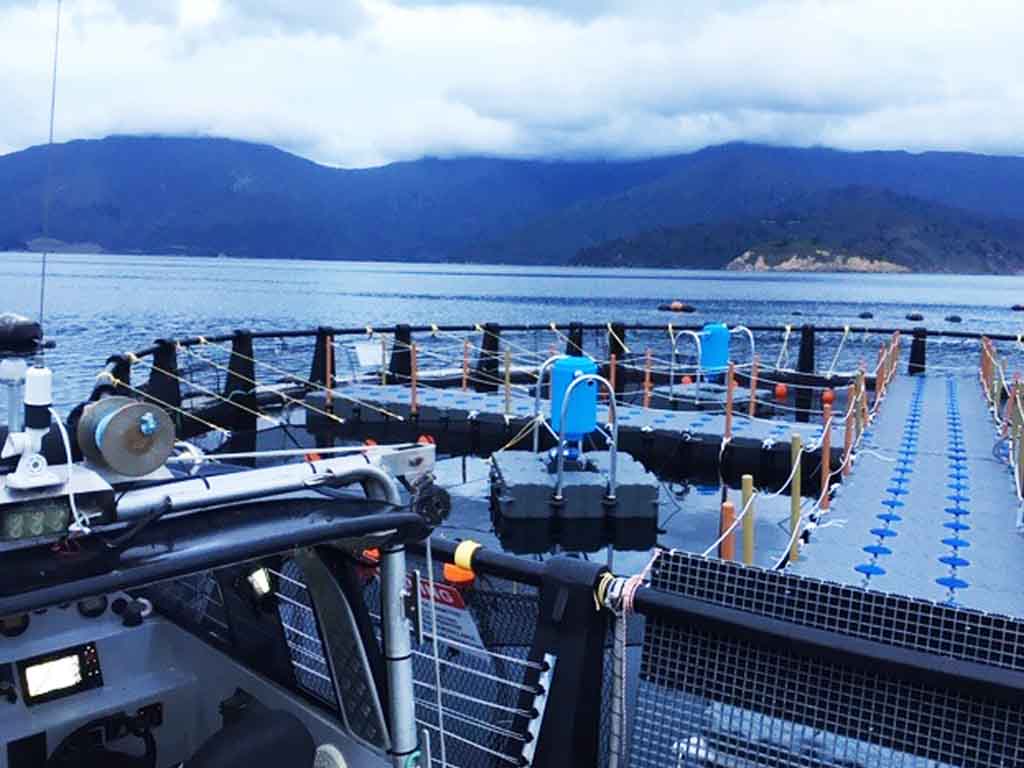
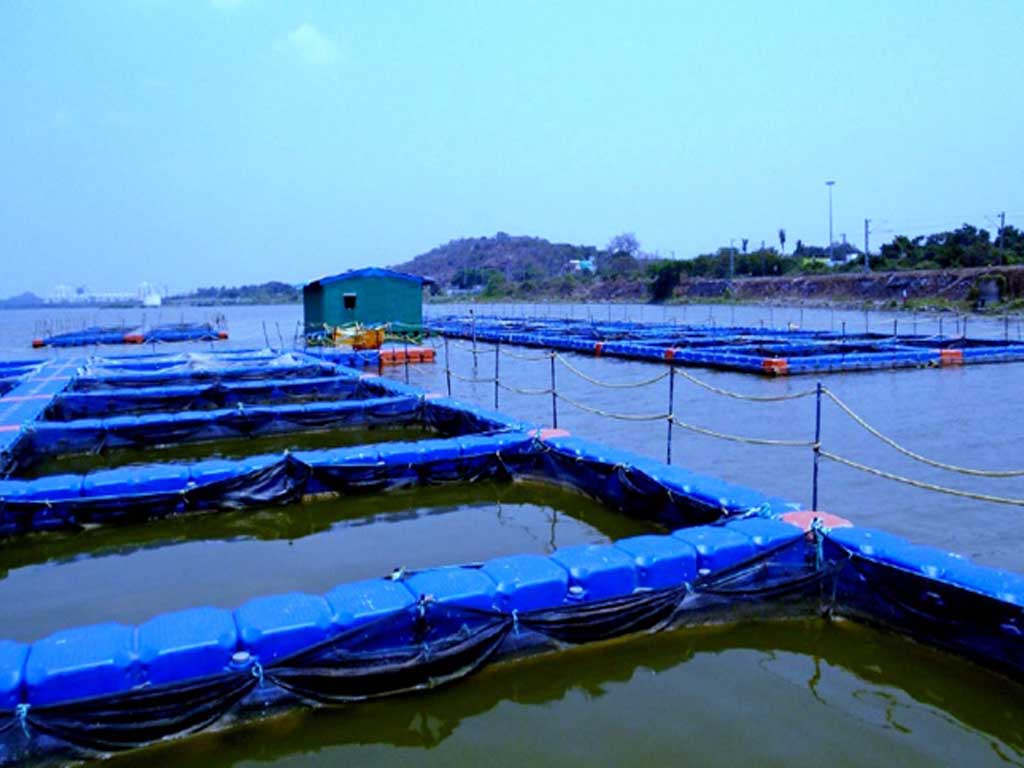
Aquatic Benefits of Floating Fish Farming
Attract Land and Capitalize
Acclimating yourself to modular plastic dock cubes as fish enclosures brings numerous advantages. Not only does it eliminate the need to excavate an aquarium for aquaculture activities, it also conserves land while harnessing aquatic cultivation's numerous advantages. Furthermore, cutting-edge tools help facilitate efficient nourishment and harvesting processes as well as optimized operation overall piscicultural operation.
Versatility for All Water Levels and Farm Sizes
Floating Cage Docks provide adaptable solutions for various water levels and farm sizes, offering exceptional resistance against level fluctuations while not sinking, making expanding a fish farm simpler with just an additional dock cube or two.
Why build a floating fish farm using modular plastic dock cubes?
Building aquaculture using plastic docks offers multiple benefits that make for quick and judicious solutions, including cost-effectiveness and ease of upkeep. Plastic dock cubes also help provide stability, accessibility and personalization features as part of this solution - perfect for creating floating aquaculture environments!
Plastic docks for pisciculture ponds bring many advantages. One such advantage is their ability to ensure balance under changing meteorological conditions and maintain safety even in turbulent waters - providing significant peace of mind to aquaculture operations.
Piers can easily be reached from the coast, making equipment, materials and fish transportation much simpler compared to developing aquaculture in free-water environments. This saves both time and energy when creating aquaculture operations.
Furthermore, modular dock cubes can be customized to the precise requirements of pisciculture. Offering various magnitudes and geometries available for purchase, these docks can easily fit various kinds of fish as well as piscicultural methodologies.
Maintaining and repairing buoyant piers is relatively effortless; any damages can be quickly detected and fixed without disrupting aquaculture activities, making these an economical and practical option for fish farmers.


















